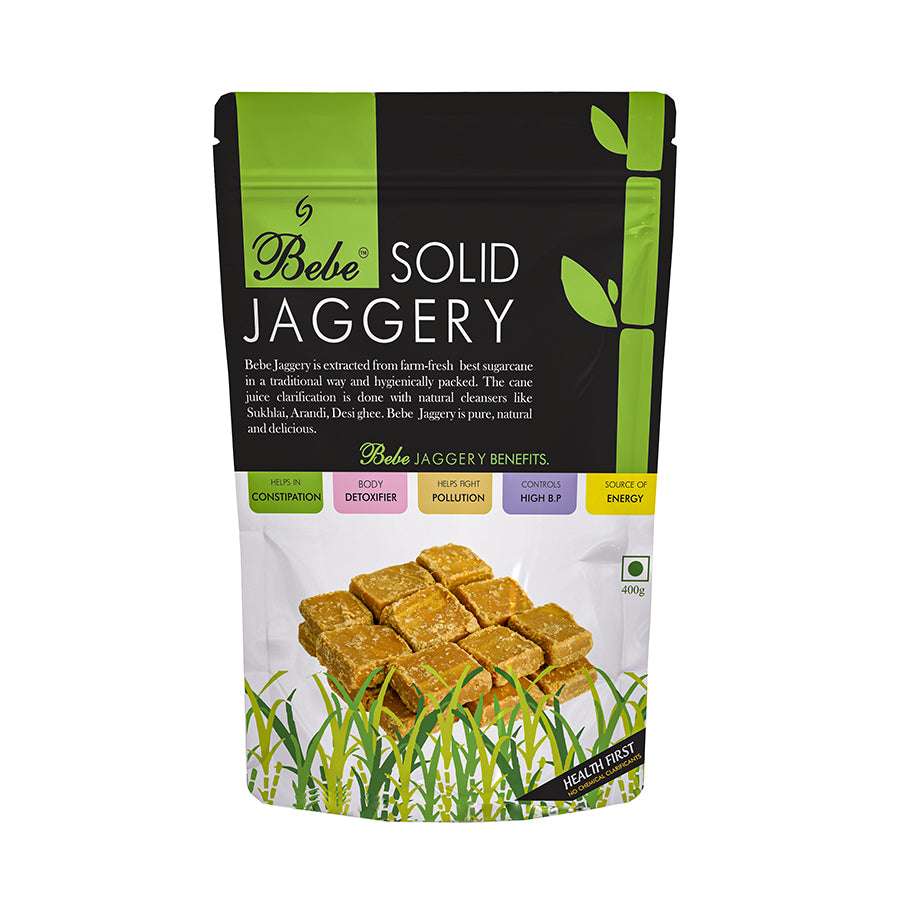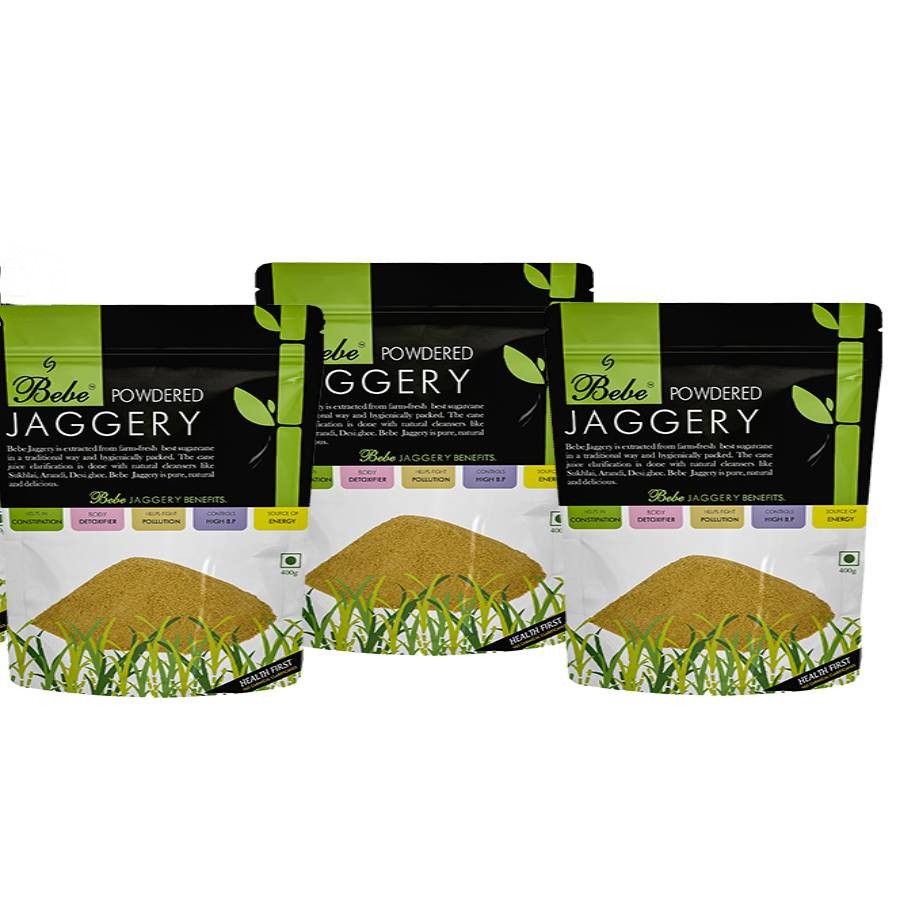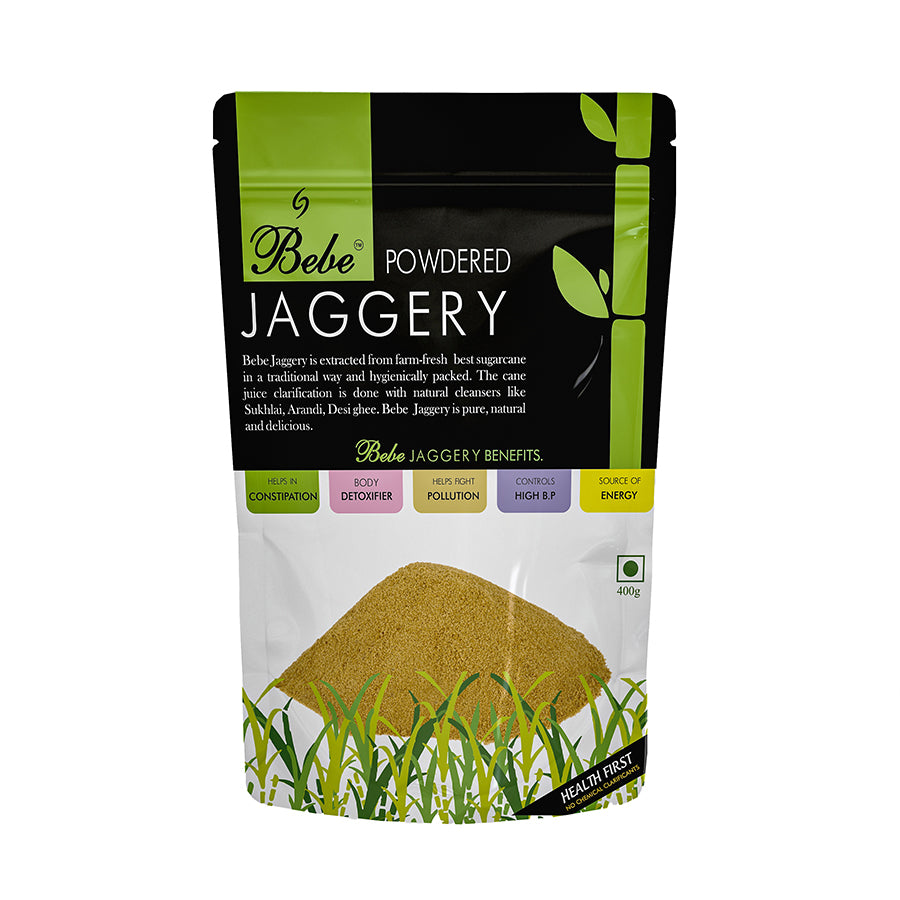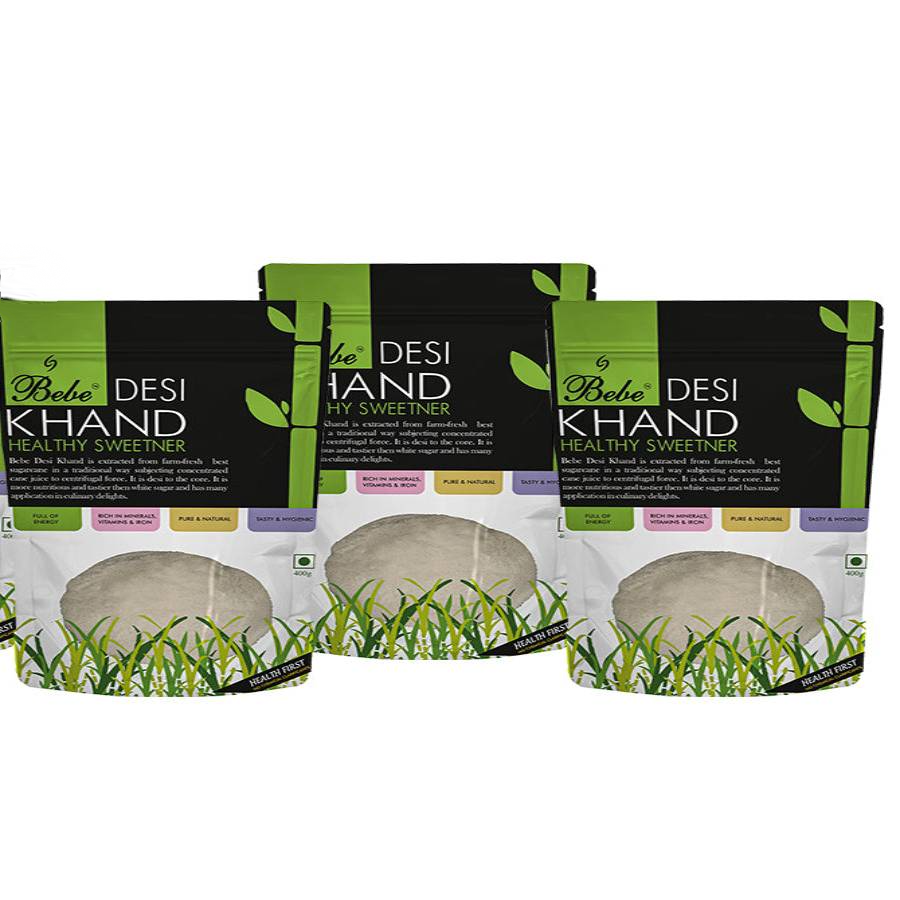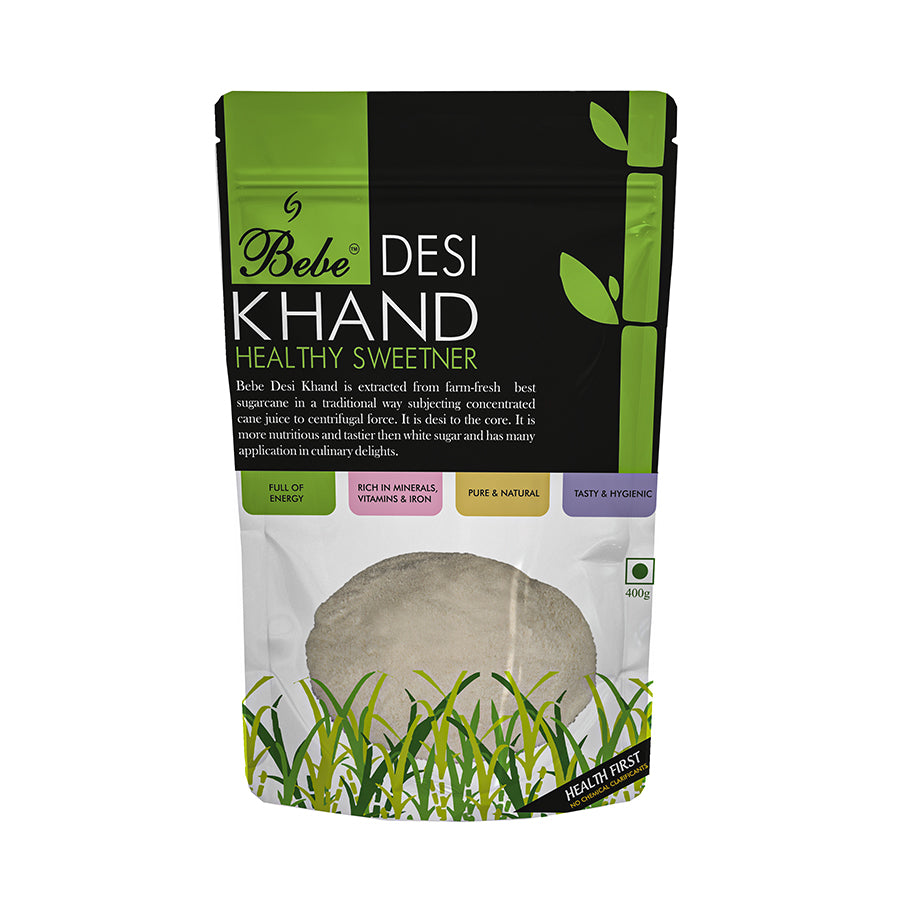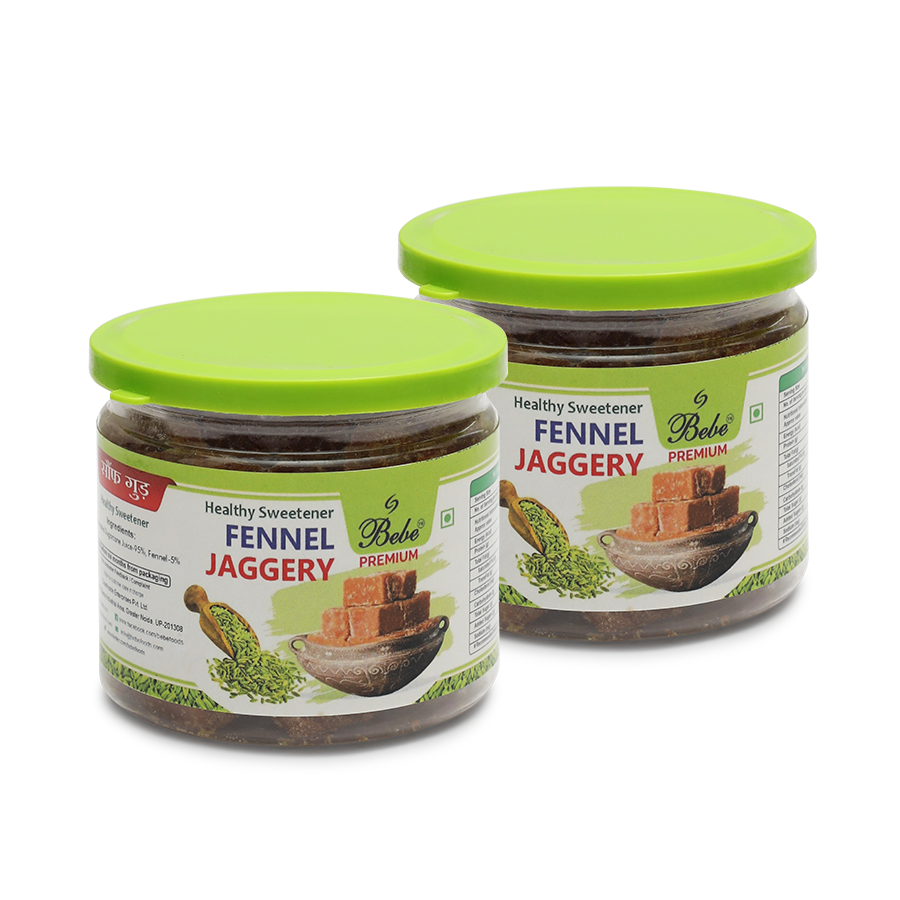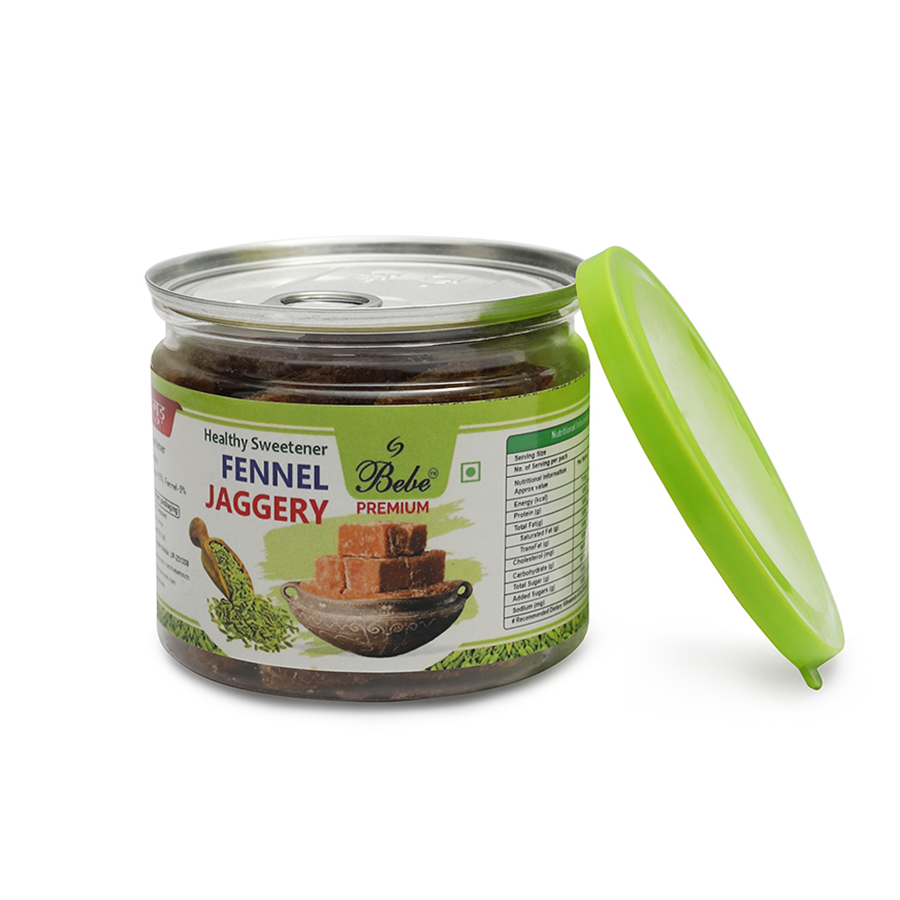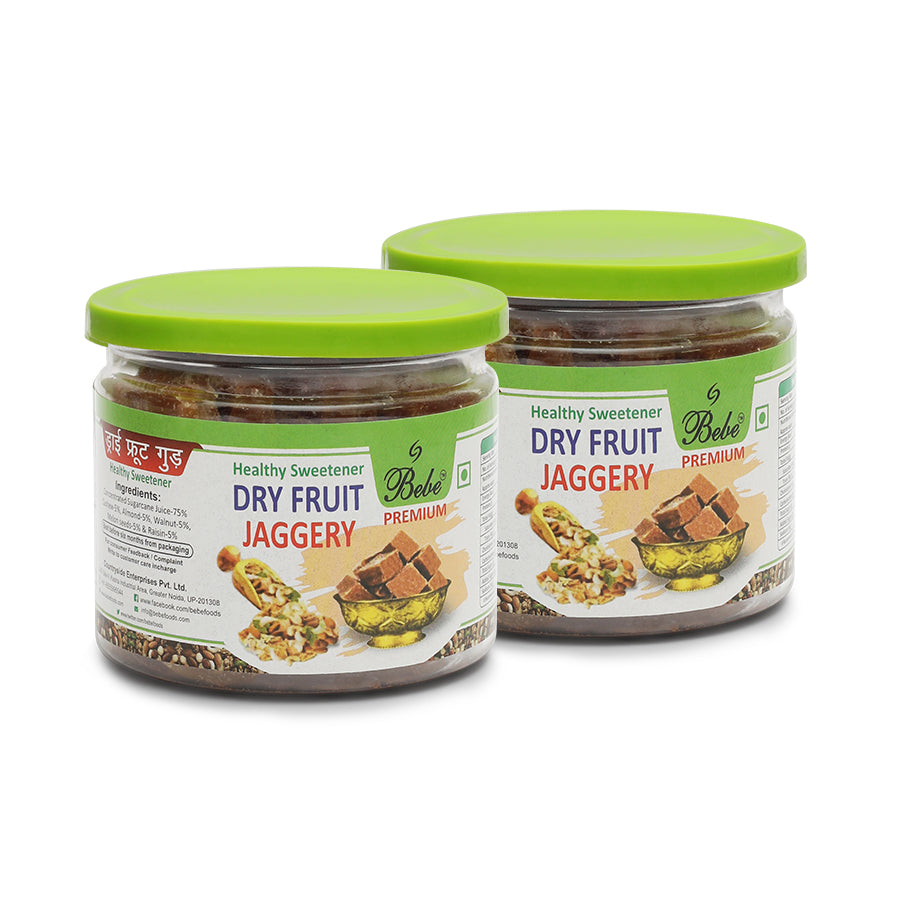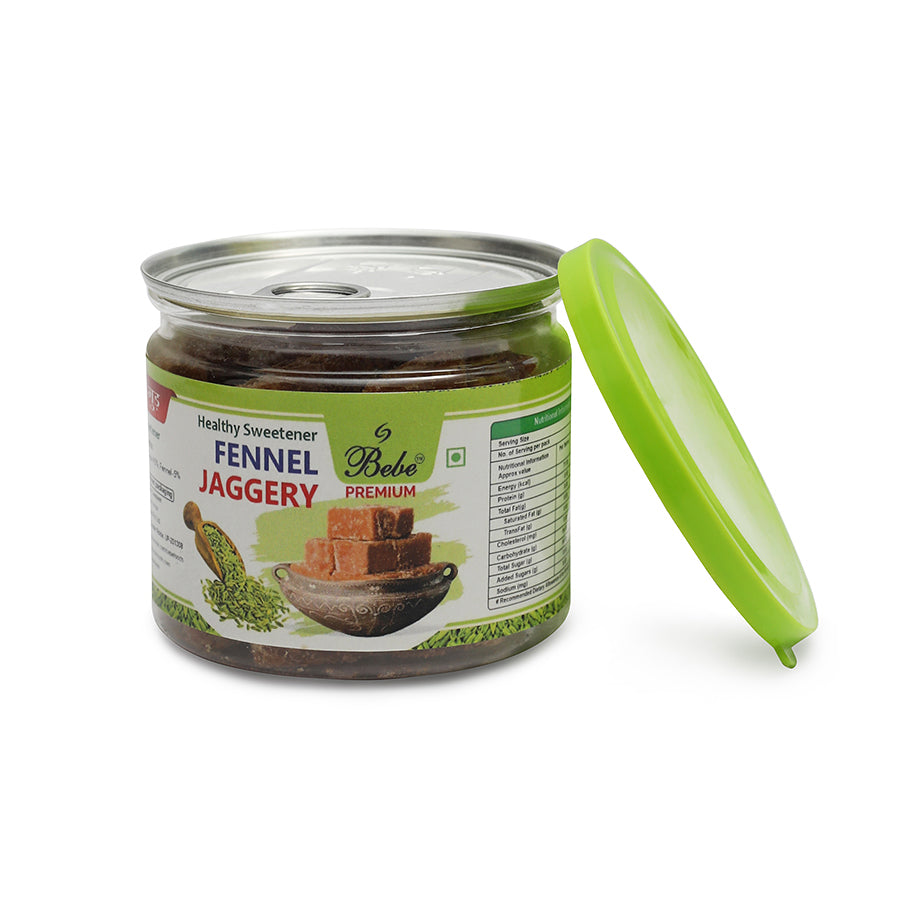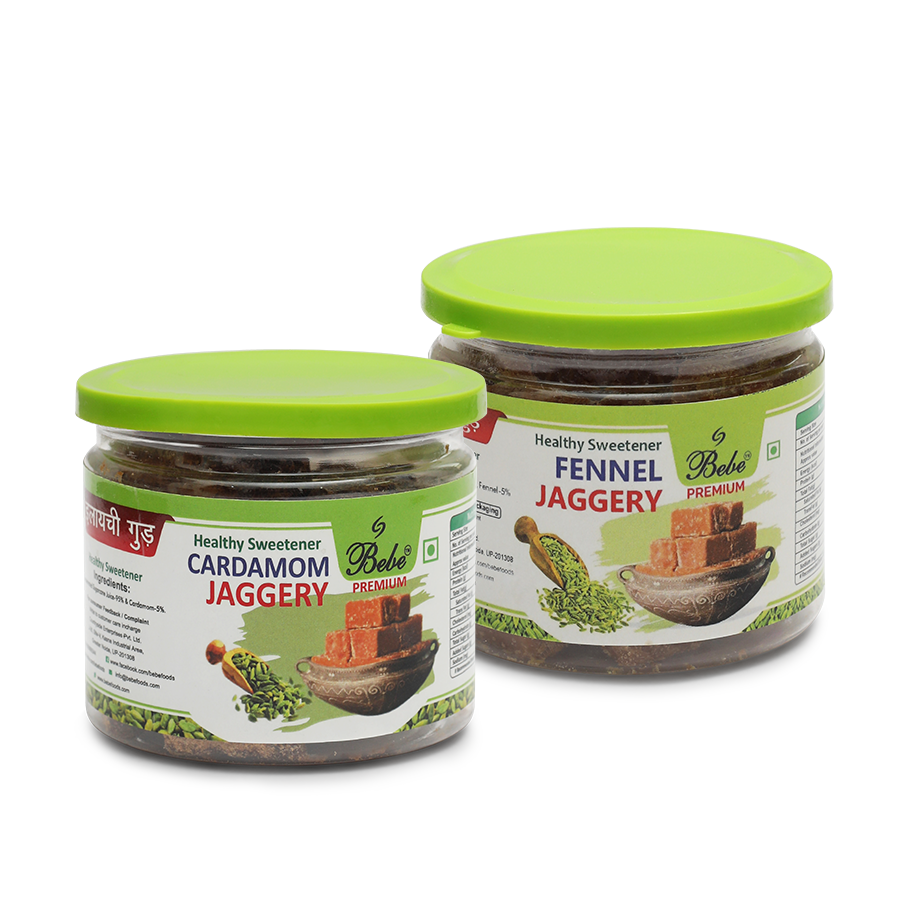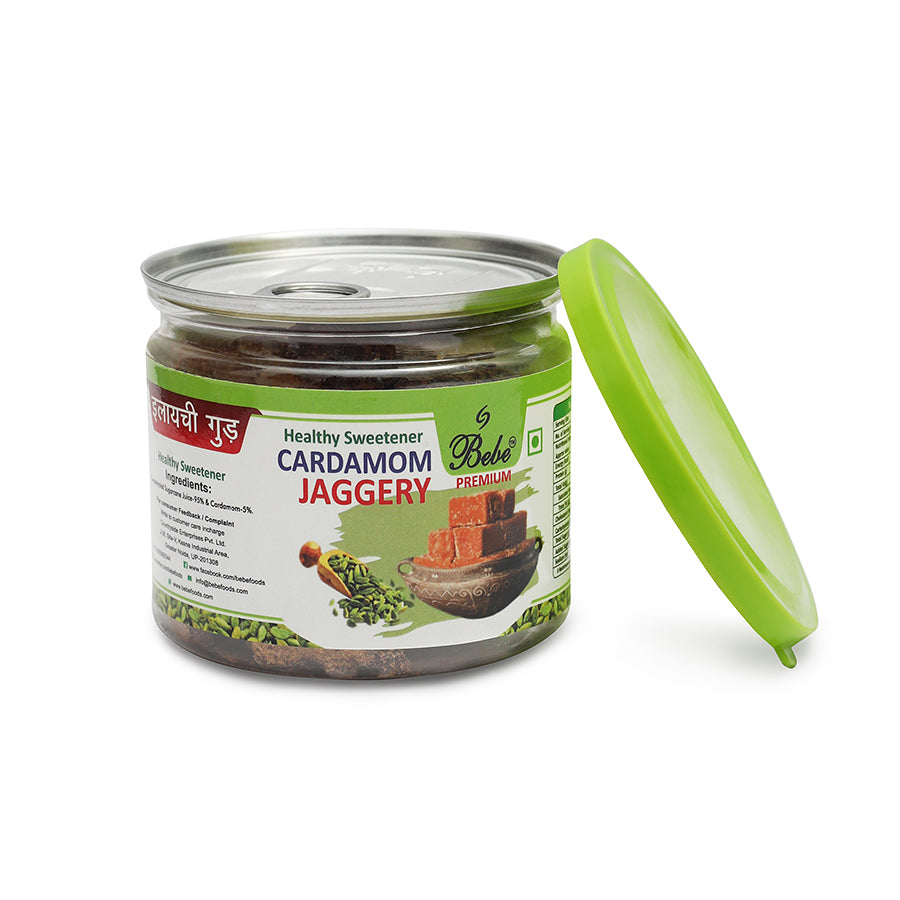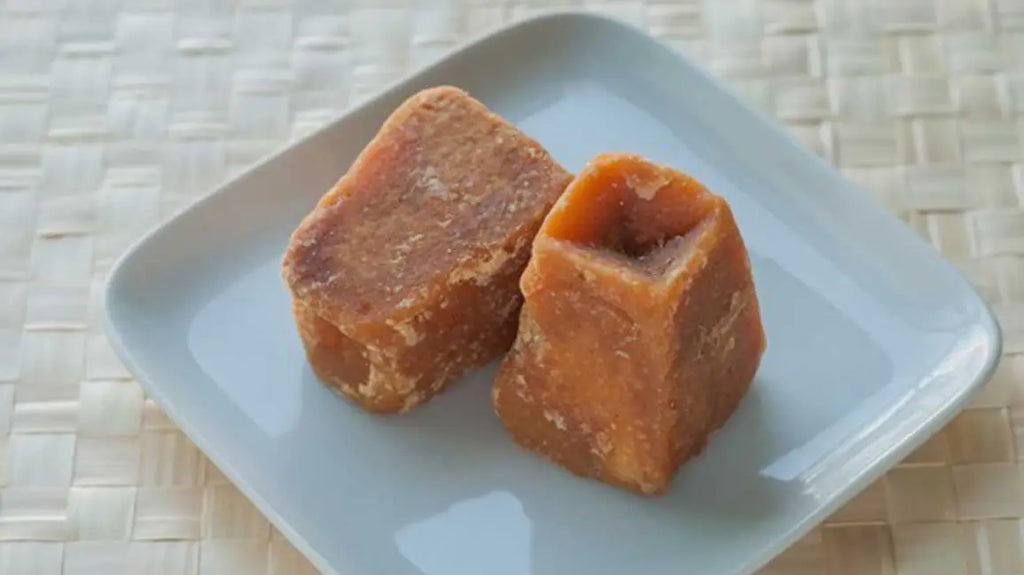
How to Use Jaggery for Plants: A Natural Fertilizer and Growth Booster

Jaggery, the traditional unrefined sugar made from sugarcane, is not just a sweet treat for humans but also a fantastic natural fertilizer for plants. Rich in essential nutrients and minerals, jaggery can help improve soil health, boost plant growth, and even combat certain pests. In this blog, we'll explore the various ways you can use jaggery to nourish your garden and ensure your plants thrive.
Why Use Jaggery for Plants?
Jaggery is packed with carbohydrates, iron, magnesium, and potassium, which are beneficial for plants. Here's how jaggery helps:
- Soil Enrichment: Jaggery acts as a natural soil conditioner, improving the soil's texture and nutrient content.
- Microbial Growth: The sugar in jaggery feeds beneficial soil microbes, enhancing their activity, which in turn improves soil fertility.
- Plant Nutrition: The minerals in jaggery, such as iron and potassium, help in the overall growth and development of plants.
- Pest Control: Jaggery can be used in organic pest control methods, helping to protect plants from harmful insects.
Ways to Use Jaggery for Plants
There are several methods to incorporate jaggery into your gardening routine, from making a simple solution to creating organic compost. Here’s how you can do it:
1. Jaggery Solution as a Liquid Fertilizer
A jaggery solution can be used as a liquid fertilizer to provide a quick nutrient boost to your plants.
Ingredients:
- 1-2 tablespoons of jaggery
- 1 liter of water
Instructions:
- Dissolve the jaggery in warm water until it is completely dissolved.
- Allow the solution to cool to room temperature.
- Water your plants with this jaggery solution once every 2-3 weeks.
Benefits: This liquid fertilizer enhances microbial activity in the soil, promotes root growth, and improves plant vitality.
2. Jaggery in Composting
Jaggery can be added to your compost pile to speed up the decomposition process and improve the quality of the compost.
How to Use:
- Add small pieces of jaggery or dissolve jaggery in water and pour it over your compost pile.
- Mix it well with the compost materials like kitchen scraps, leaves, and other organic matter.
Benefits: Jaggery acts as an activator, feeding the microorganisms that break down organic matter into rich compost. The result is nutrient-dense compost that will boost plant growth.
3. Jaggery as a Microbial Booster
Jaggery is often used in organic farming to prepare microbial cultures, like Jeevamrutha, which is a traditional Indian biofertilizer.
Jeevamrutha Recipe:
- 10 liters of water
- 1 kg of cow dung
- 1 liter of cow urine
- 50 grams of jaggery
- A handful of soil from the root zone of healthy plants
Instructions:
- Mix all the ingredients in a large container.
- Stir the mixture well and keep it covered with a cloth.
- Let it ferment for 3-5 days, stirring daily.
- Dilute the fermented mixture with water (1:10 ratio) and use it to water your plants.
Benefits: Jeevamrutha enhances soil fertility by introducing beneficial microbes, improves plant immunity, and supports vigorous growth.
4. Jaggery as an Organic Pesticide
Jaggery can also be combined with other natural ingredients to create a pesticide that helps keep pests at bay.
Neem-Jaggery Spray:
- 100 grams of jaggery
- 200 grams of neem leaves
- 5 liters of water
Instructions:
- Boil the neem leaves in water until the water reduces to about half.
- Strain the liquid and allow it to cool.
- Dissolve the jaggery in the neem solution.
- Spray this mixture on your plants to deter pests like aphids, mites, and whiteflies.
Benefits: Neem has natural insecticidal properties, and jaggery helps in sticking the neem extract to the plants' surfaces, enhancing its effectiveness.
5. Jaggery for Seed Germination
Jaggery can be used to soak seeds before planting, which helps in better germination and early seedling growth.
How to Use:
- Dissolve a small piece of jaggery in water and soak your seeds in this solution for a few hours before planting.
Benefits: The sugars and nutrients in jaggery help the seeds to sprout faster and stronger by providing an initial energy boost.
Conclusion
Jaggery is a versatile and natural solution for promoting healthy plant growth. Whether you're enriching your soil, boosting microbial activity, or warding off pests, jaggery can be a key component in your organic gardening toolkit. By integrating jaggery into your gardening practices, you can enjoy healthier, more vibrant plants and contribute to a more sustainable environment. Happy gardening!



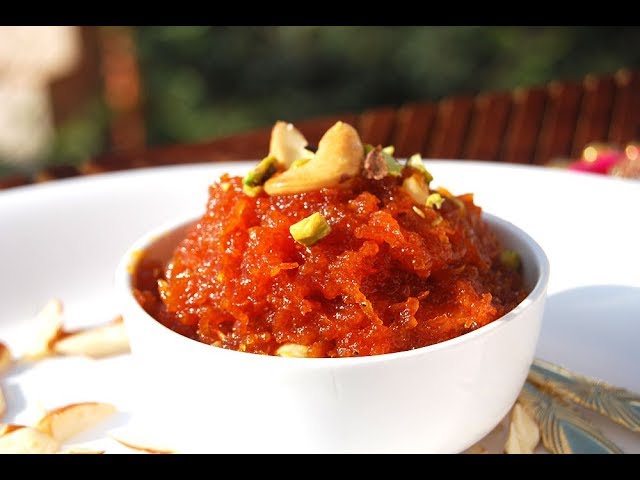



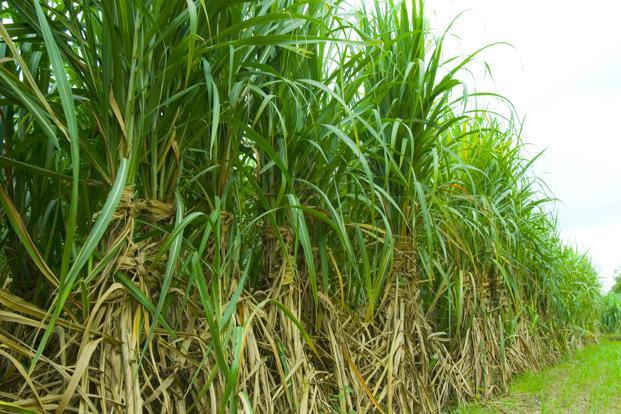
![Bebe Jaggery Sachets 600g, [150g x 4 packs]](http://bebefoods.com/cdn/shop/files/1.jpg?v=1717235899)
![Bebe Jaggery Sachets 600g, [150g x 4 packs]](http://bebefoods.com/cdn/shop/files/2.jpg?v=1717235899)
![Bebe khand Sachets 600g [150g x 4 packs]](http://bebefoods.com/cdn/shop/files/2_65987286-ab77-44db-9cae-69ac50e920a4.png?v=1750527284)
![Bebe khand Sachets 600g [150g x 4 packs]](http://bebefoods.com/cdn/shop/files/4_295f1632-1a69-4fcb-aa69-1172c2928b52.png?v=1750527252)

